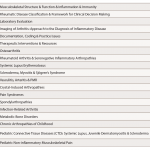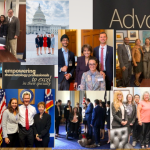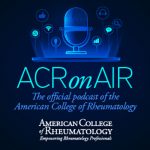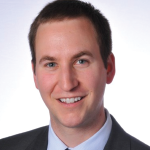ATLANTA—Around 2002, when Vincent Del Gaizo’s son was just 15 months old, he was hospitalized in an intensive care unit and, weeks later, was diagnosed with systemic juvenile idiopathic arthritis (JIA). “We had the same 8 trillion questions that all parents have when their child is diagnosed with a condition you’ve never heard of: ‘Is…








